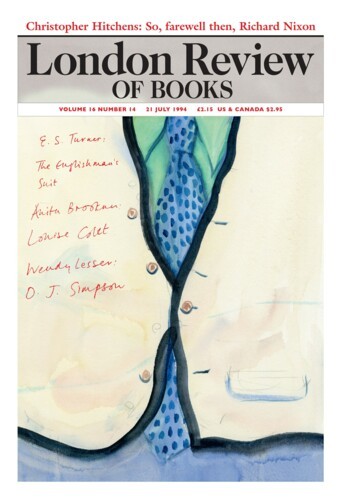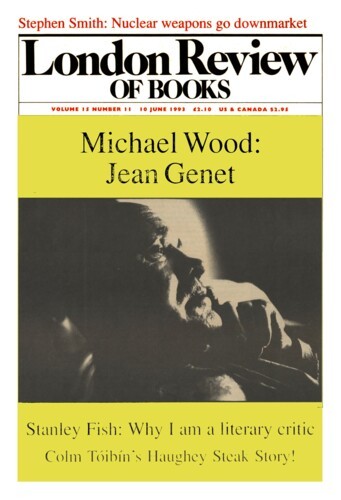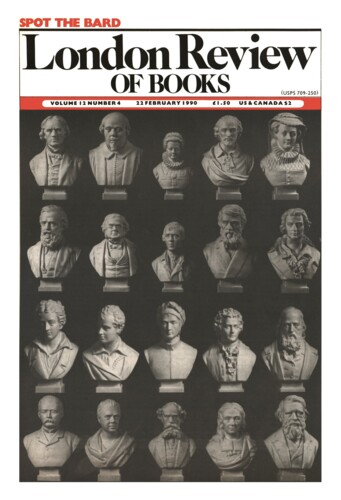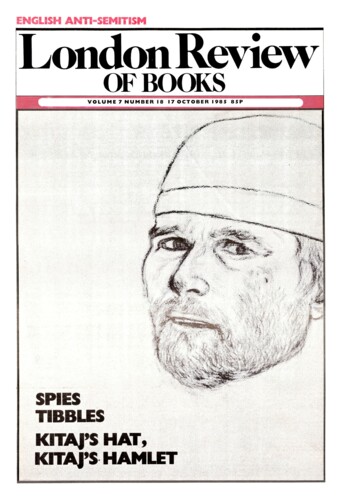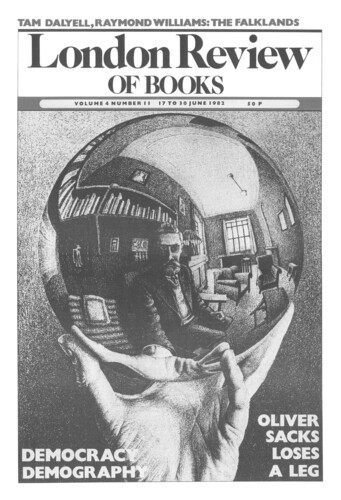The Dirty Dozens
Terence Hawkes, 21 July 1994
We haven’t been allowed to forget that 1994 has brought the 50th anniversary of the D-Day landings. But their sound and fury masked another, no less fateful event whose anniversary we will probably not be asked to remember. As the Italian campaign of 1943 slowed to a painful crawl, the British found themselves more and more dependent on the Americans both to maintain it and to mount any effective invasion of Northern France in the following year. No conclusive Churchillian thrust into the soft underbelly of Europe remained on the cards. And so at this point, just 50 years ago, the balance of the world decisively shifted. The United States took over the role of premier Western power and it began to dawn on British politicians and their generals that the game was finally up. In any case, Roosevelt had already made it quite clear that the price of the United States’s entry into the war in Europe was that the British should give up their empire. In consequence, as Christopher Hitchens has pointed out in his matchless Blood, Class and Nostalgia (1990), the British underwent a massive and soul-gelding relegation. Harold Macmillan’s remark that ‘these Americans represent the new Roman Empire and we Britons, like the Greeks of old, must teach them how to make it go’ was never anything but whistling in the dark.
